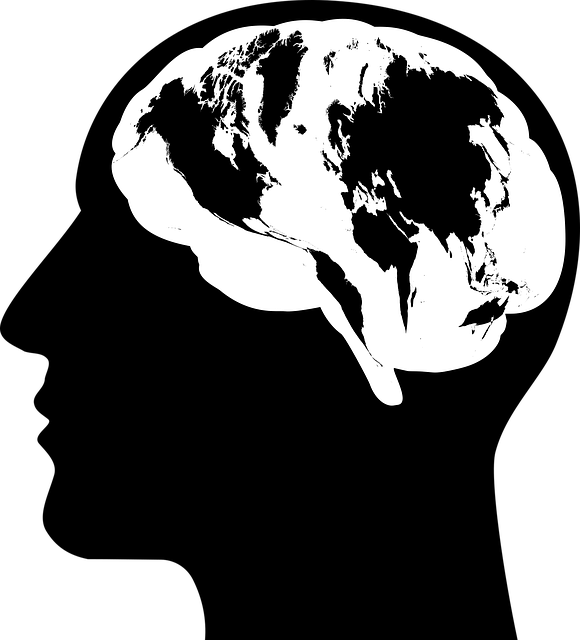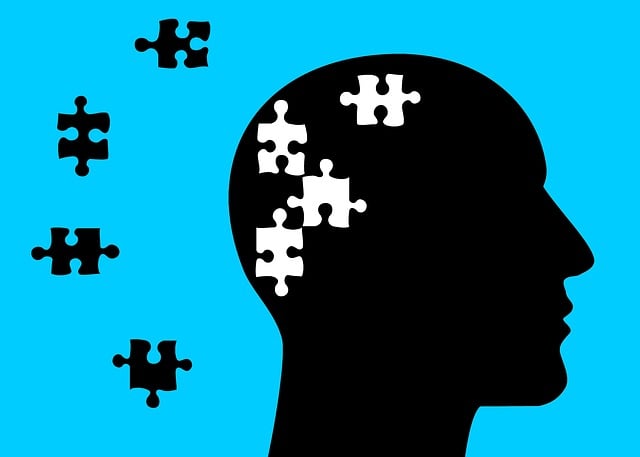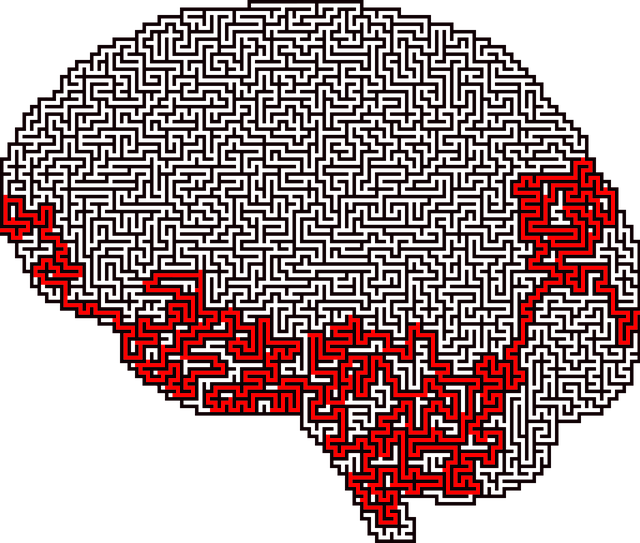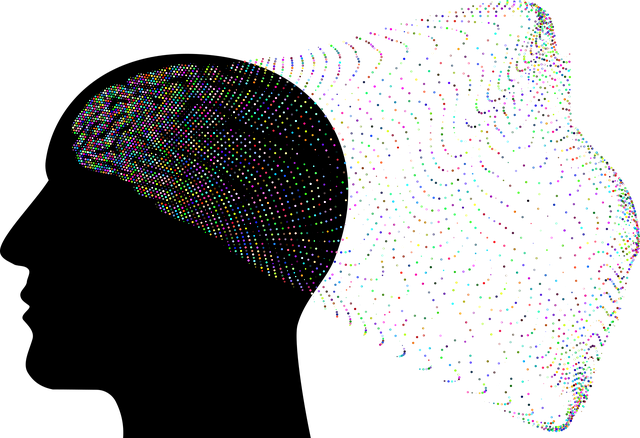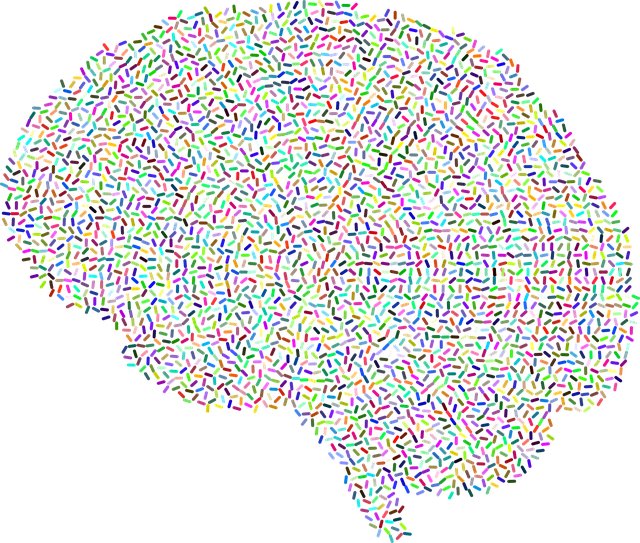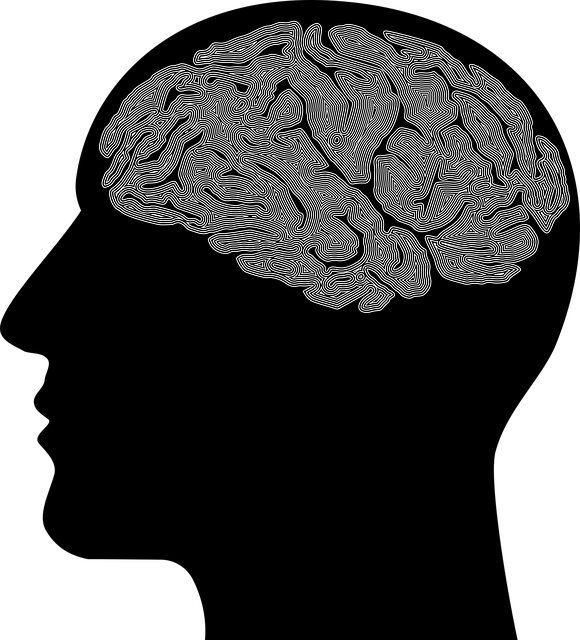Diagnosing mental health issues in young children requires specialized methods due to their limited communication skills, leading to potential misdiagnoses with traditional approaches. Cognitive Processing Therapy (CPT) is an effective solution tailored for this age group, focusing on understanding and modifying thoughts, feelings, and behaviors to process trauma and express emotions more effectively. By combining CPT with mindfulness meditation and self-care practices, healthcare professionals can significantly enhance mood management skills and overall well-being in young patients, ensuring more accurate diagnoses. Early intervention strategies like CPT are crucial for improving diagnosis accuracy and creating tailored treatment plans for optimal growth and development.
Mental illness diagnosis accuracy is a critical aspect of pediatric healthcare, yet young children’s unique cognitive and communicative challenges often pose significant obstacles. This article explores efforts to enhance diagnosis accuracy, focusing on strategies such as Cognitive Processing Therapy (CPT), advanced assessment tools, professional training, and early intervention techniques. By integrating these approaches, the goal is to improve outcomes for young children struggling with mental health issues, ensuring they receive the appropriate therapy, such as CPT, tailored to their needs.
- Understanding Mental Illness Diagnosis Challenges in Young Children
- The Role of Cognitive Processing Therapy in Enhancing Accuracy
- Integrating Advanced Assessment Tools and Techniques
- Training and Support for Healthcare Professionals
- Early Intervention Strategies to Improve Diagnosis Reliability
Understanding Mental Illness Diagnosis Challenges in Young Children

Diagnosing mental illness in young children presents unique challenges due to their limited ability to communicate their feelings and experiences. This makes it crucial for healthcare professionals to employ specialized assessment tools and techniques tailored for younger populations. Traditional methods often struggle to capture the nuances of a child’s internal world, leading to potential misdiagnoses or delayed treatment.
Cognitive Processing Therapy (CPT) is one such evidence-based approach designed to address these challenges. CPT helps children process traumatic experiences and understand their emotions, improving their ability to communicate about their mental health. Additionally, incorporating mindfulness meditation and self-care practices alongside therapy can enhance mood management skills in young patients. These integrated approaches not only improve diagnostic accuracy but also foster overall well-being.
The Role of Cognitive Processing Therapy in Enhancing Accuracy

Cognitive Processing Therapy (CPT) emerges as a powerful tool in the quest for enhancing mental illness diagnosis accuracy, particularly when tailored for young children. This therapeutic approach focuses on helping children and their caregivers understand and interpret their thoughts, feelings, and behaviors in a more adaptive manner. By targeting cognitive distortions and maladaptive thinking patterns, CPT facilitates emotional healing processes, enabling better risk assessment for mental health professionals.
The therapy encourages mindfulness meditation as a means to promote present-moment awareness and reduce the impact of negative thought cycles. This, in turn, enhances diagnostic clarity by helping practitioners gain deeper insights into a child’s internal experiences and external behaviors. Integrating CPT into clinical practice not only improves diagnosis accuracy but also paves the way for more effective treatment plans, ensuring that young minds receive the specialized care they need to thrive.
Integrating Advanced Assessment Tools and Techniques

Integrating advanced assessment tools and techniques is a significant step towards enhancing the accuracy of mental illness diagnoses, especially for young children. These tools go beyond traditional methods by employing innovative approaches such as Cognitive Processing Therapy (CPT), which focuses on understanding and modifying negative thought patterns. CPT has proven effective in treating various mental health conditions, including depression prevention, by promoting positive thinking and emotional healing processes in younger populations.
By adopting these cutting-edge assessment strategies, mental health professionals can gain deeper insights into a child’s cognitive processes, emotional responses, and behavioral patterns. This enables more precise diagnoses, tailored treatment plans, and improved overall outcomes for young individuals struggling with mental illness.
Training and Support for Healthcare Professionals

Mental health professionals play a pivotal role in accurately diagnosing and treating mental illness, especially in young children. To enhance diagnosis accuracy, ongoing training and support are essential. Programs focused on cognitive processing therapy have proven effective in equipping healthcare providers with advanced skills to understand complex emotional responses. By fostering emotional intelligence among practitioners, these initiatives enable them to navigate the nuances of child development and mental health.
Incorporating self-care routine development for better mental health is another crucial aspect of these efforts. Ensuring healthcare professionals engage in healthy emotional healing processes allows them to provide more empathetic and precise care. This, in turn, contributes to improved diagnosis accuracy and ultimately benefits young children receiving therapy.
Early Intervention Strategies to Improve Diagnosis Reliability

Early intervention strategies play a pivotal role in enhancing the reliability of mental illness diagnoses. By implementing targeted approaches for young children, healthcare professionals can significantly improve diagnostic accuracy. One such effective method is Cognitive Processing Therapy (CPT), which focuses on helping children make sense of their thoughts and emotions, thereby facilitating better self-awareness and coping mechanisms. CPT encourages children to identify and challenge negative thought patterns, fostering a healthier cognitive process that supports improved mental health outcomes.
Additionally, promoting self-care practices among young individuals can serve as a powerful tool for early intervention. Encouraging activities that enhance self-esteem improvement and burnout prevention allows children to develop resilient coping strategies. These practices might include mindfulness exercises, creative outlets, and social support networks—all of which contribute to a more comprehensive understanding of an individual’s mental health status, ultimately supporting the diagnostic process.
Mental illness diagnosis accuracy in young children is a complex challenge, but with concerted efforts, we can make significant strides. By understanding the unique challenges and implementing evidence-based strategies like Cognitive Processing Therapy, integrating advanced assessment tools, providing comprehensive training, and fostering early intervention, we can improve reliability and outcomes for young minds. These approaches collectively offer hope for enhancing mental health diagnosis accuracy, ensuring children receive the appropriate care they need to thrive.


